If you have noticed that your dog has recently started coughing after they’ve eaten or even during, then you’re right to be concerned. While it could be something that isn’t that serious, it could also be something that needs medical intervention. The sign of coughing after eating is in itself not diagnostic because it could result from many causes. The important thing to note for your vet is whether or not this is a pattern. The information you provide can help them figure out a diagnosis. With that said, if you’re ever concerned, it’s best to phone your vet. Let’s get into what some of the potential causes could be.

The 6 Causes of Dogs Coughing After Eating
1. Eating Too Quickly
If the coughing appears like a cause-and-effect situation, your pup may simply be gulping their food too fast. Perhaps playtime was exhausting, leaving your pet hungry and thirsty. They may gobble up too much at a time, causing a bit of food to go down the wrong way. Your pooch may even regurgitate their food soon after eating, which is a bit different from coughing since coughing comes from the lungs while gagging or retching comes from the stomach. A simple solution is a slow-feeder dog bowl if this is something that happens often. Food going down the wrong way can lead to choking, so we recommend being prepared for a choking emergency with your dog to be on the safe side.
2. Inflammatory Airways
Another obvious cause is inflammation in the throat and airways as eating and drinking can worsen it, especially if your dog gets very excited for food. Various illnesses can lead to inflammation in the throat and airways. If your dog has signs other than coughing while eating, or the problem has suddenly started, we recommend a check-up. Typically these dogs will cough a lot, especially with excitement, stress, heat, or with pressure applied to a collar.
Canine infectious tracheobronchitis or kennel cough could cause some inflammation. It can spread among dogs and is typically self-limiting, although complications like pneumonia can occur in some pets. Puppies are particularly vulnerable to this disease. Fortunately, vaccinations can prevent or reduce the severity of kennel cough.
Tracheal collapse is a common occurrence in small dogs, such as Shih Tzus and Yorkshire Terriers. The collapsing windpipe can lead to inflamed airways and a honking cough as its telltale sign. Treatment is possible with medications, although some pets require surgery.
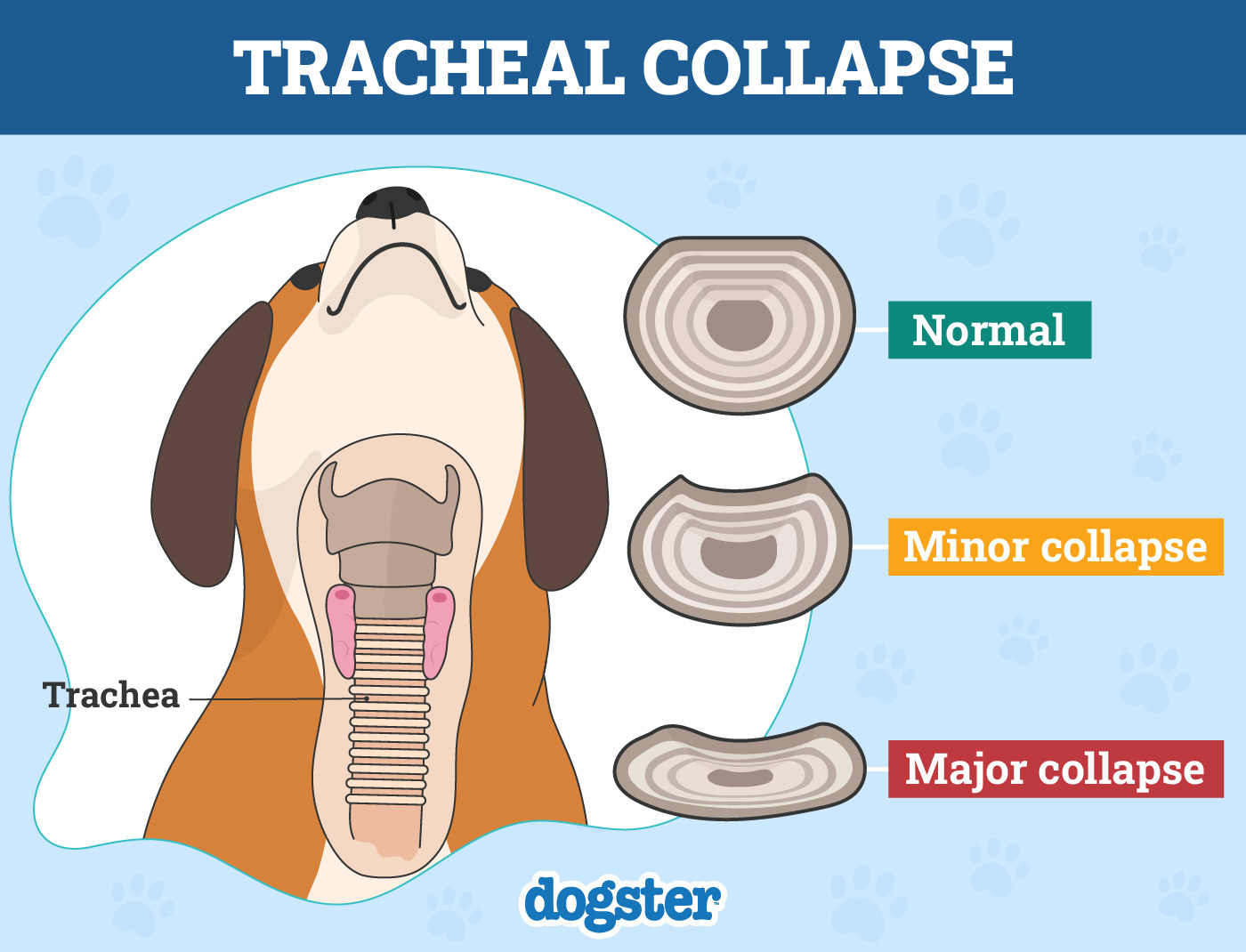
3. Laryngeal Paralysis
The larynx is the gatekeeper that diverts food into the esophagus and air into the trachea. With any problem in the larynx, food can end up going down the trachea by mistake as the larynx doesn’t work properly. These dogs develop pneumonia frequently and coughing after eating is a regular occurrence that can get worse over time. Laryngeal paralysis is perhaps the most common cause of laryngeal dysfunction. It can lead to noisy breathing and even collapse during exercise because the paralyzed larynx gets in the way of the airways.
4. Brachycephalic Dog Breeds
We’d be remiss if we didn’t discuss brachycephalic dog breeds like French Bulldogs and Pugs. The unique feature of these pups is their shortened faces. Sadly, it also predisposed them to brachycephalic obstructive airway syndrome (BOAS). Exercise intolerance and noisy breathing are common signs. However, it’s also a risk factor for acid reflux and inflammation in the airways, esophagus, and throat. These can all lead to coughing after eating.
It’s worth noting these disorders accounted for 17% of mortalities in extremely brachycephalic dogs compared to no deaths in every other dog breed.1 The takeaway is that if you have a brachycephalic dog breed, you should get your pup examined whenever you notice a persistent cough. Prompt treatment is necessary because these dogs risk complications and unfavorable outcomes.
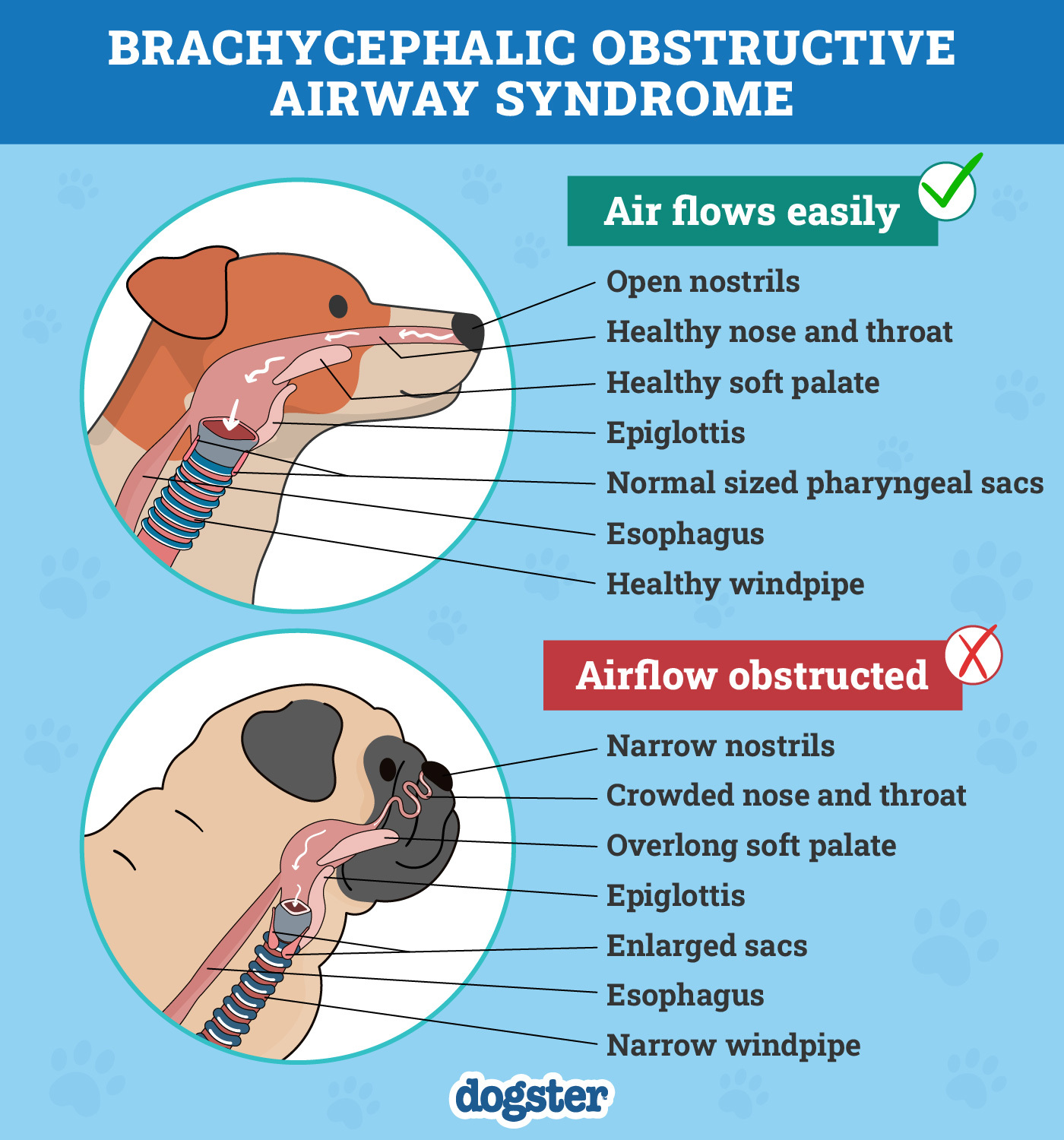
5. Esophageal Problems
If food pools in the pipe that transports it to the stomach it can be regurgitated and accidentally inhaled in the lungs leading to coughing. This could also lead to aspiration pneumonia so it’s very serious. There could be a physical or motility problem with the esophagus such as megaesophagus, narrowing of the esophagus, obstructions within the esophagus, or esophageal dysmotility.
6. Coughing in General
The problems listed above can cause coughing specifically around mealtimes. However, your dog may cough at mealtimes if they are coughing all the time. It may be the excitement of mealtime exacerbates the cough, or you pay more attention to your dog at mealtimes. No cause of coughing can be ruled out without a veterinary exam. Other causes of coughing can be life-threatening or mild, but you should always get your dog vet-checked if they are coughing. Congestive heart failure, bronchitis, heartworm disease, lung cancer, pneumonia, and inhaled grass awns are also among some of the common causes of coughing.
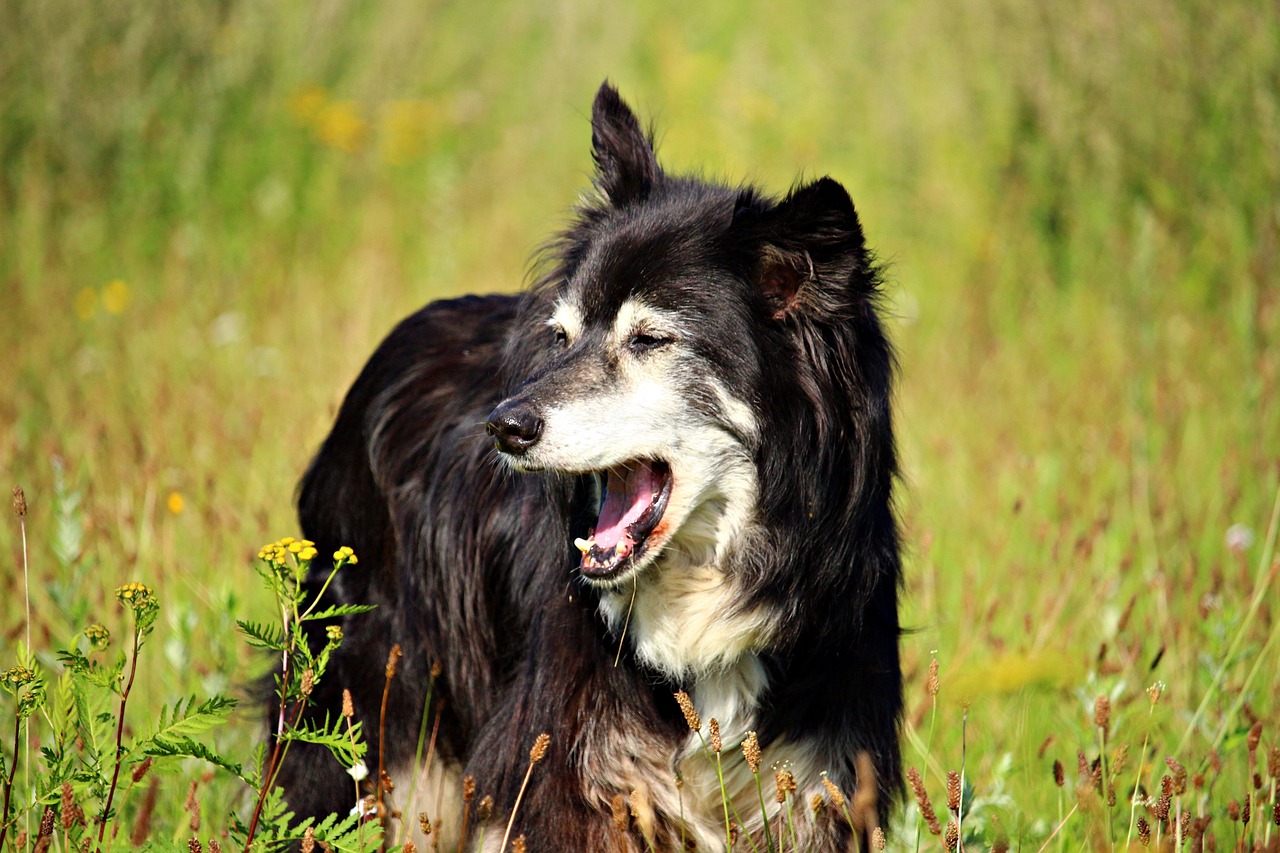

Final Thoughts
Like with people, a cough can simply be your dog’s reaction to gobbling their food too fast or an airborne irritant. It can go away as quickly as it came. However, a persistent cough or cough accompanied by other signs should be investigated. Some conditions are self-limiting, whereas others are life-threatening. The critical factor is action. The cost of a vet visit is well worth your pup’s comfort and good health. If you’re ever concerned about how your dog is acting, it is always best to get them checked out by your vet to be safe.
Featured Image Credit: Dhanoo Surasarang, Shutterstock
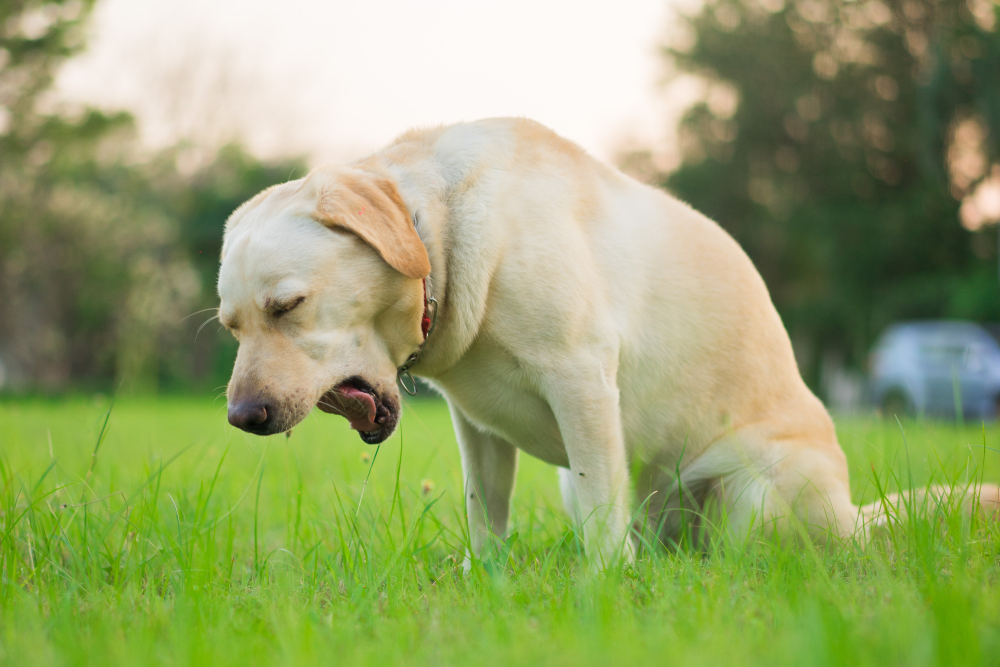


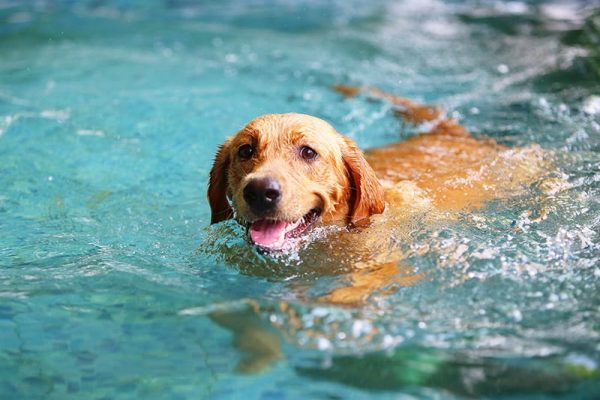
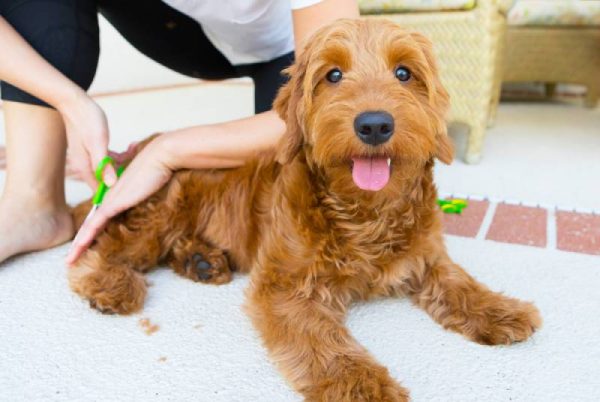
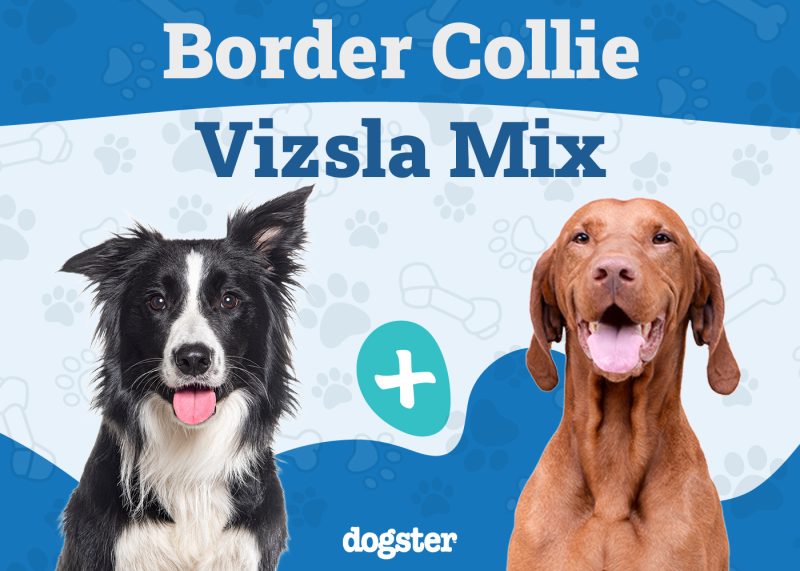
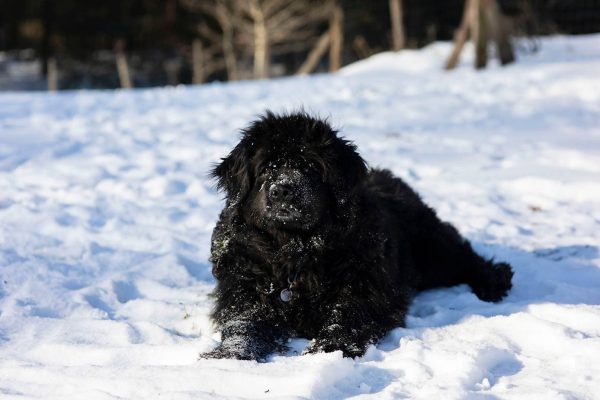
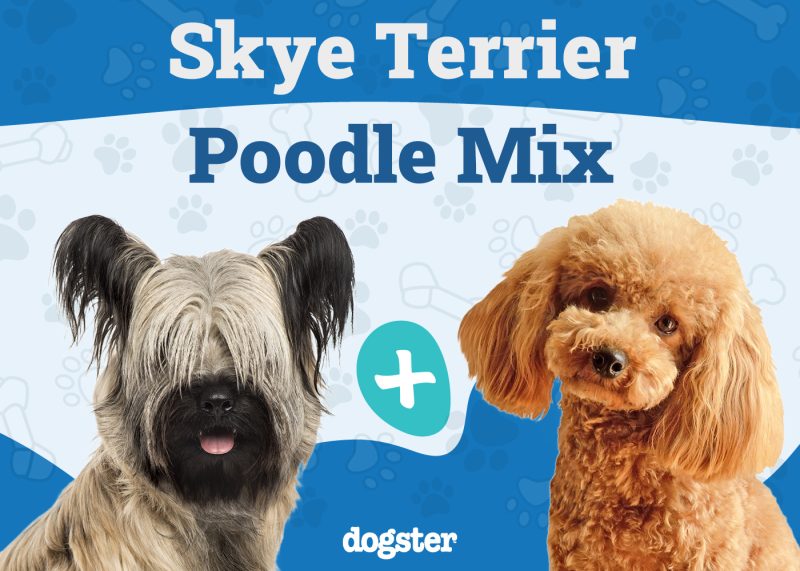

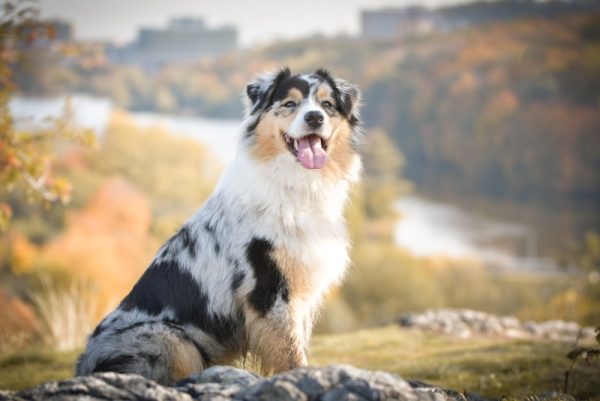
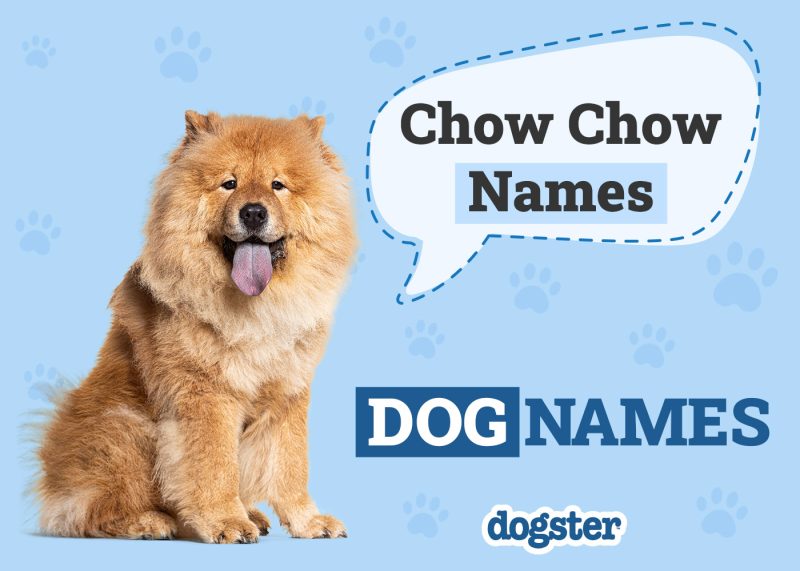
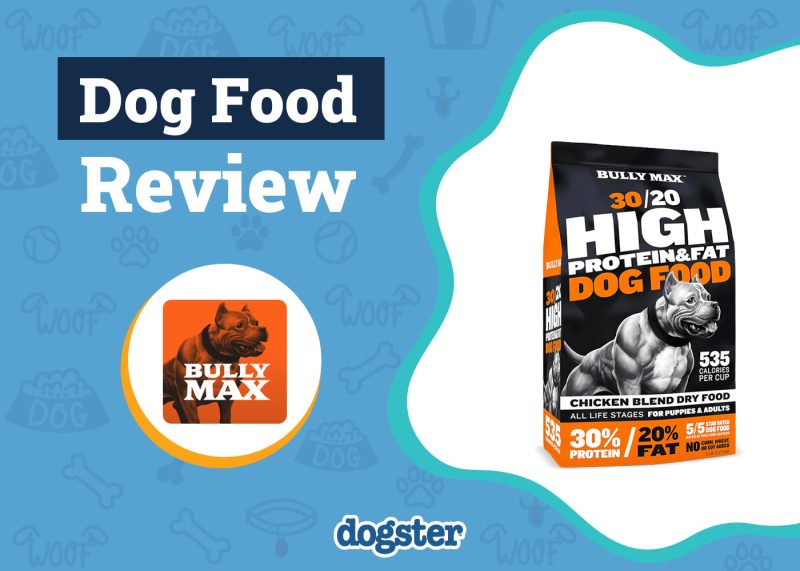

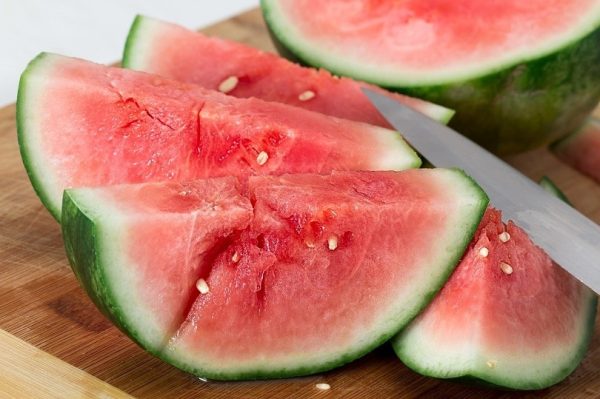
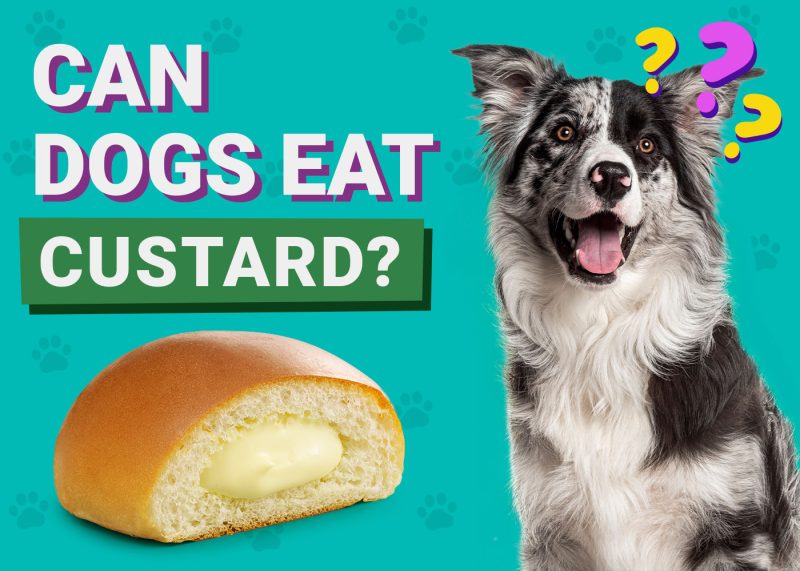
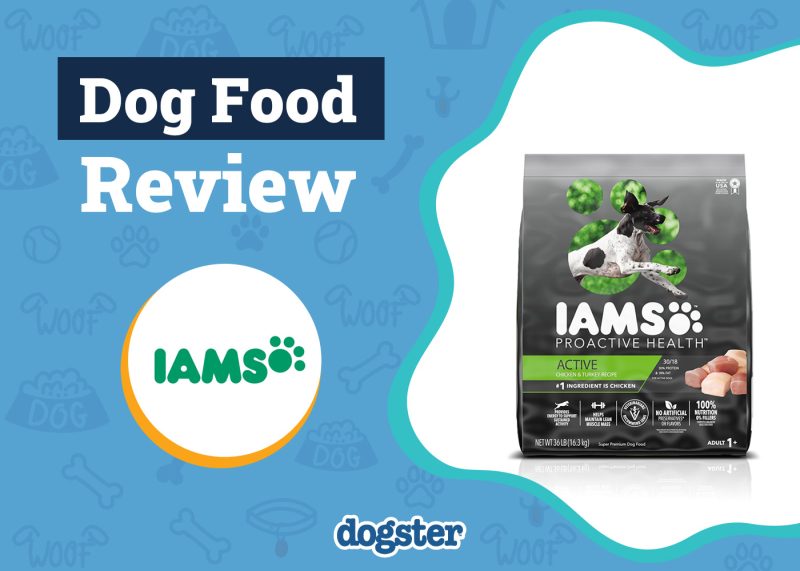
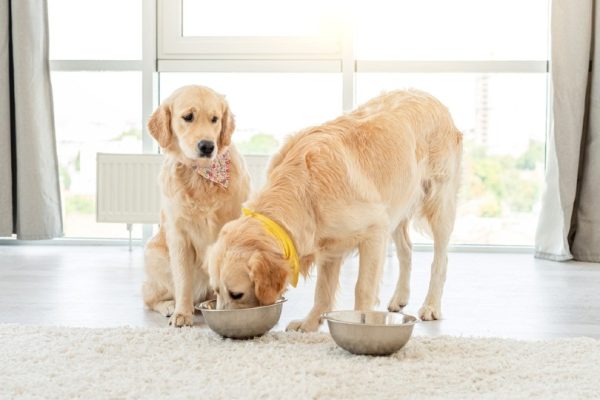
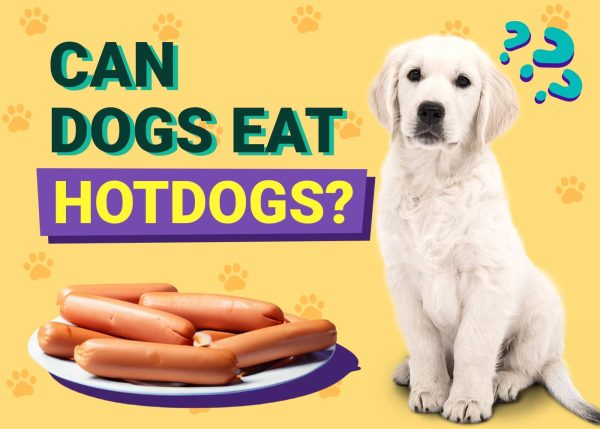
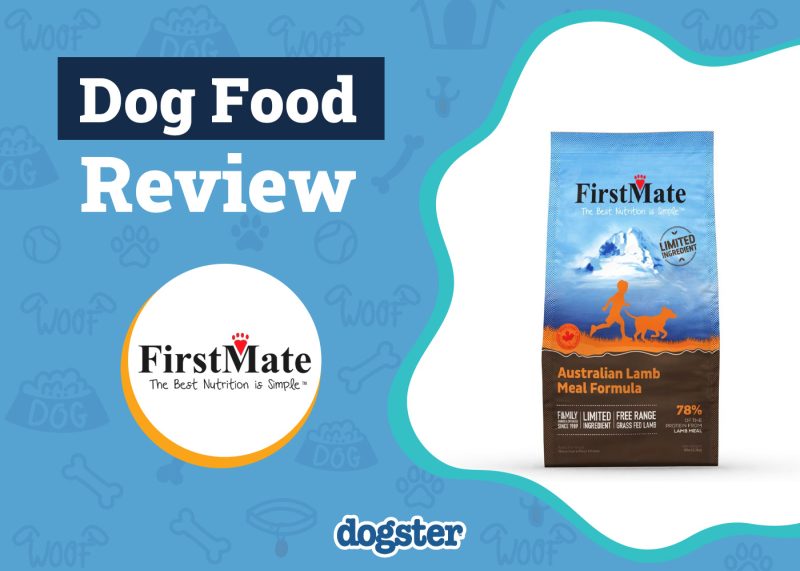



2 Responses
I have a seven-year-old Rottweiler, who started hacking before and after he eats his dry food. He will gobble down a ham sandwich, but will not touch his dry food even if we put stuff in it. I’ve scheduled a vet visit. I hate that they have to sedate him to find out what’s going on And Google scares me lol any input? Or advice?
Hello Sara,
thank you for your comment, although we are very sorry to hear about your Rottie's issues. It is great to hear that you are not underestimating the issue and already reached out to a vet.
The only thing we can offer at this situation would be an online consultation with a veterinary professional from www.PangoVet.com – that is if you would be interested either in a second opinion or a veterinary consultation that could be done from the comfort of your home.
Hope this helps and your dog will be alright!